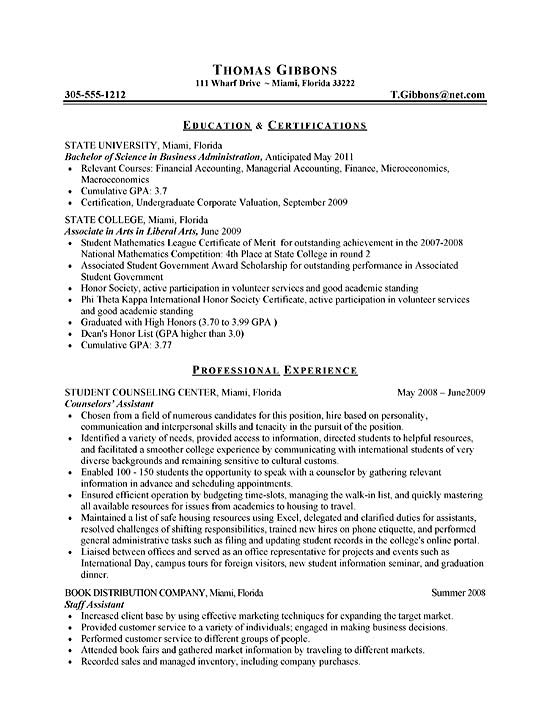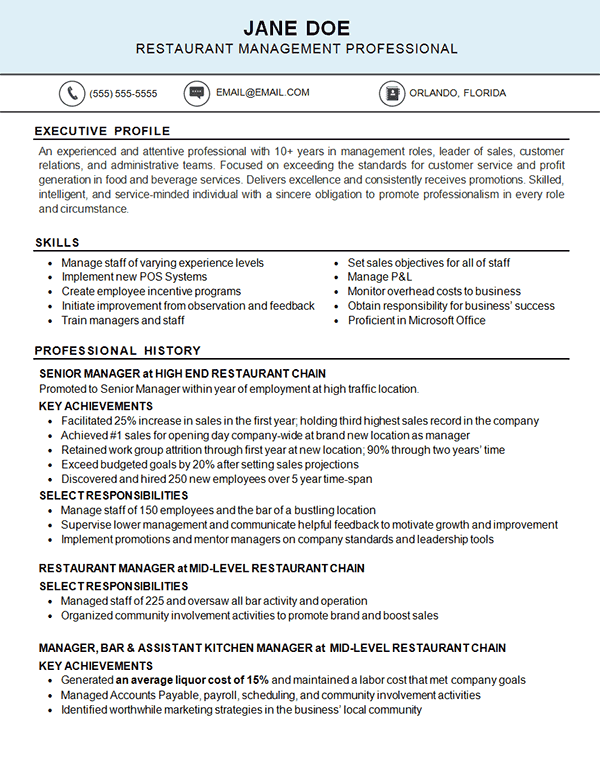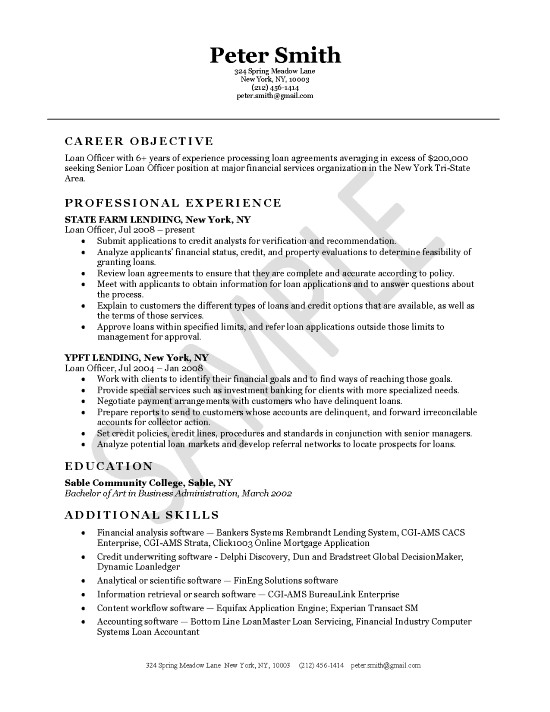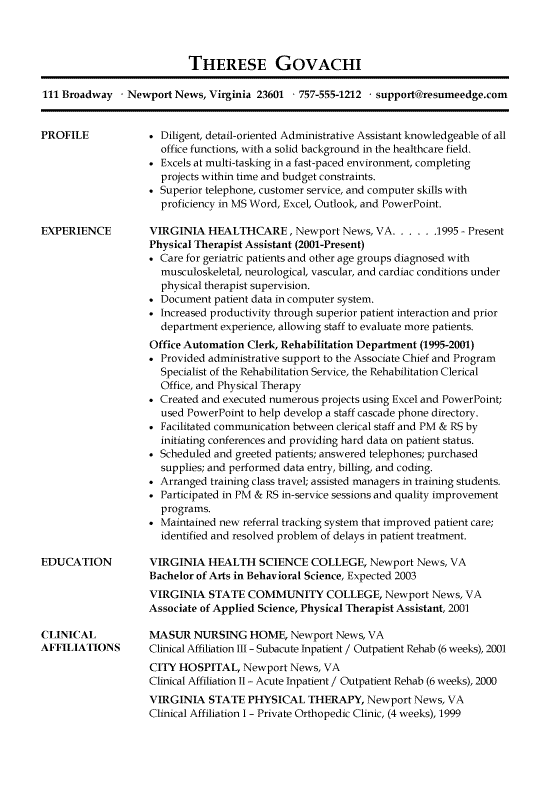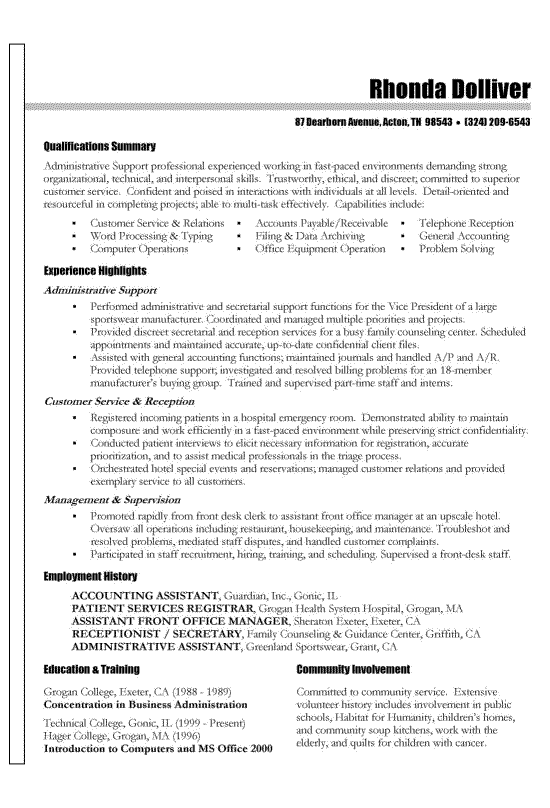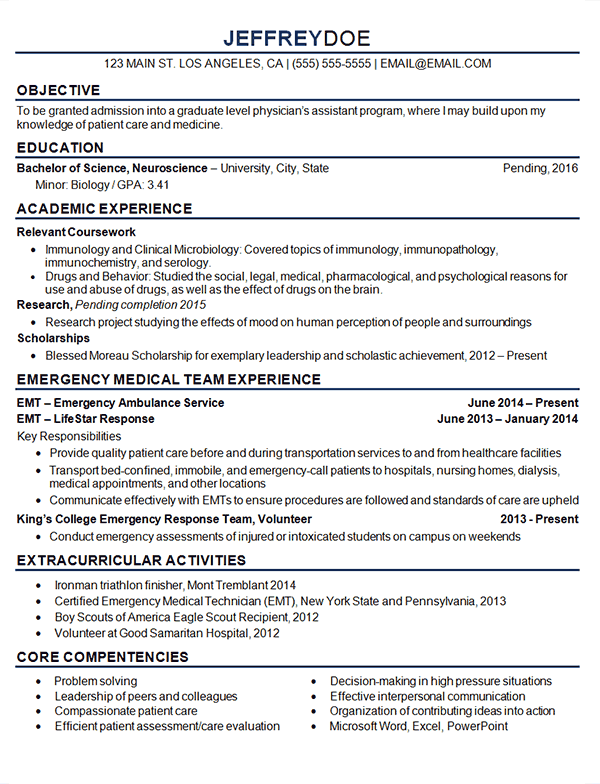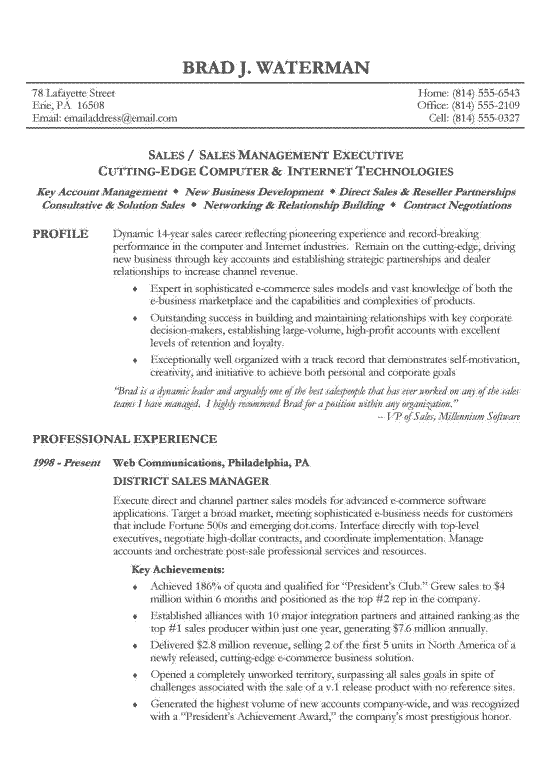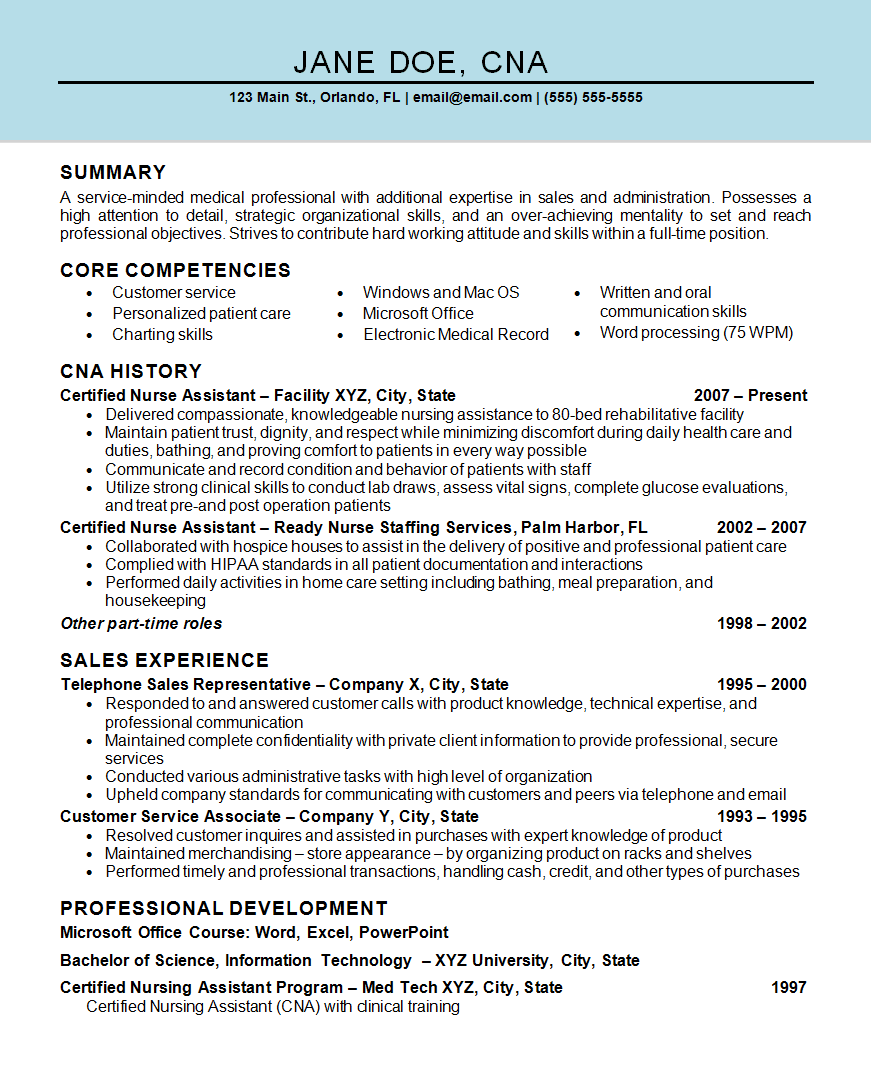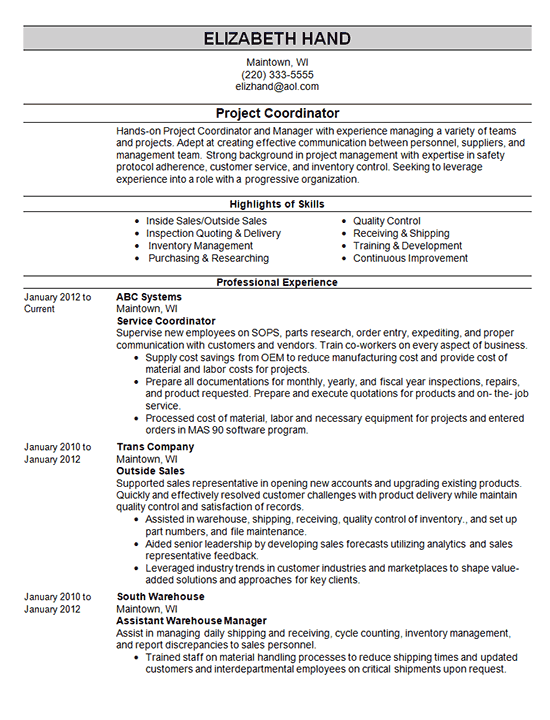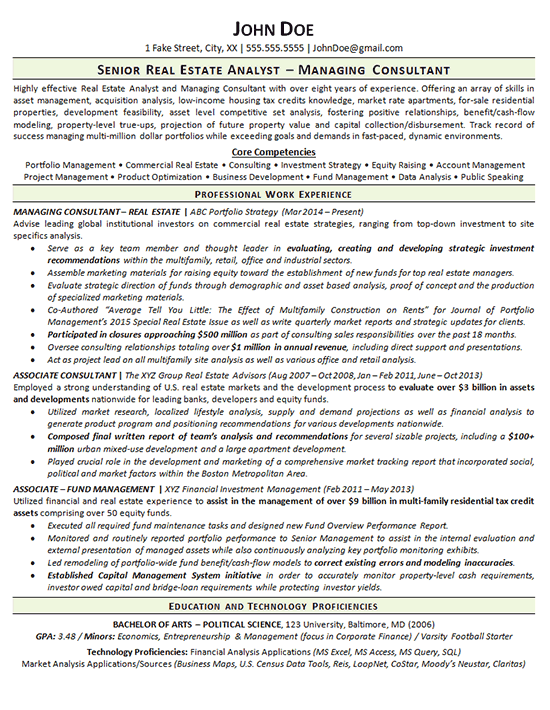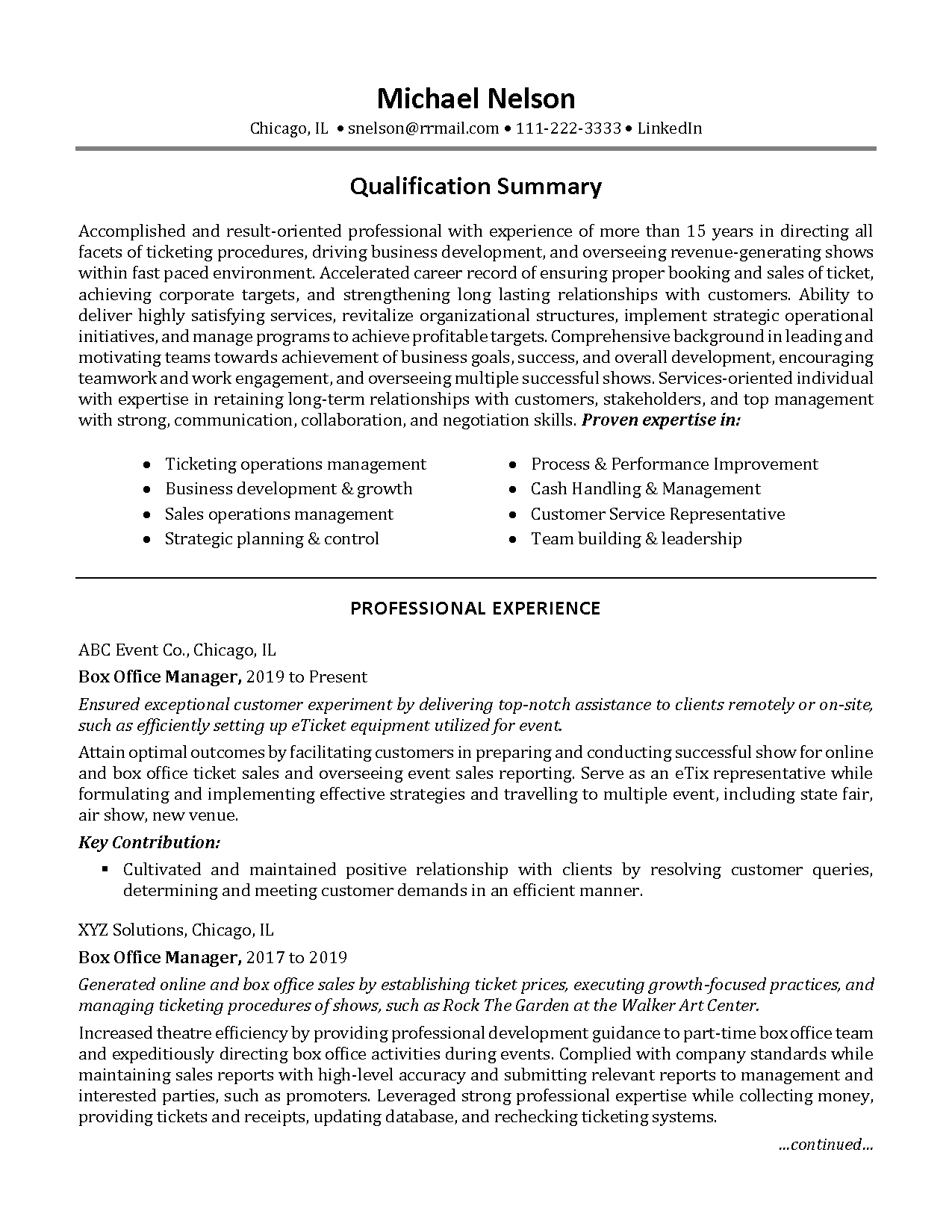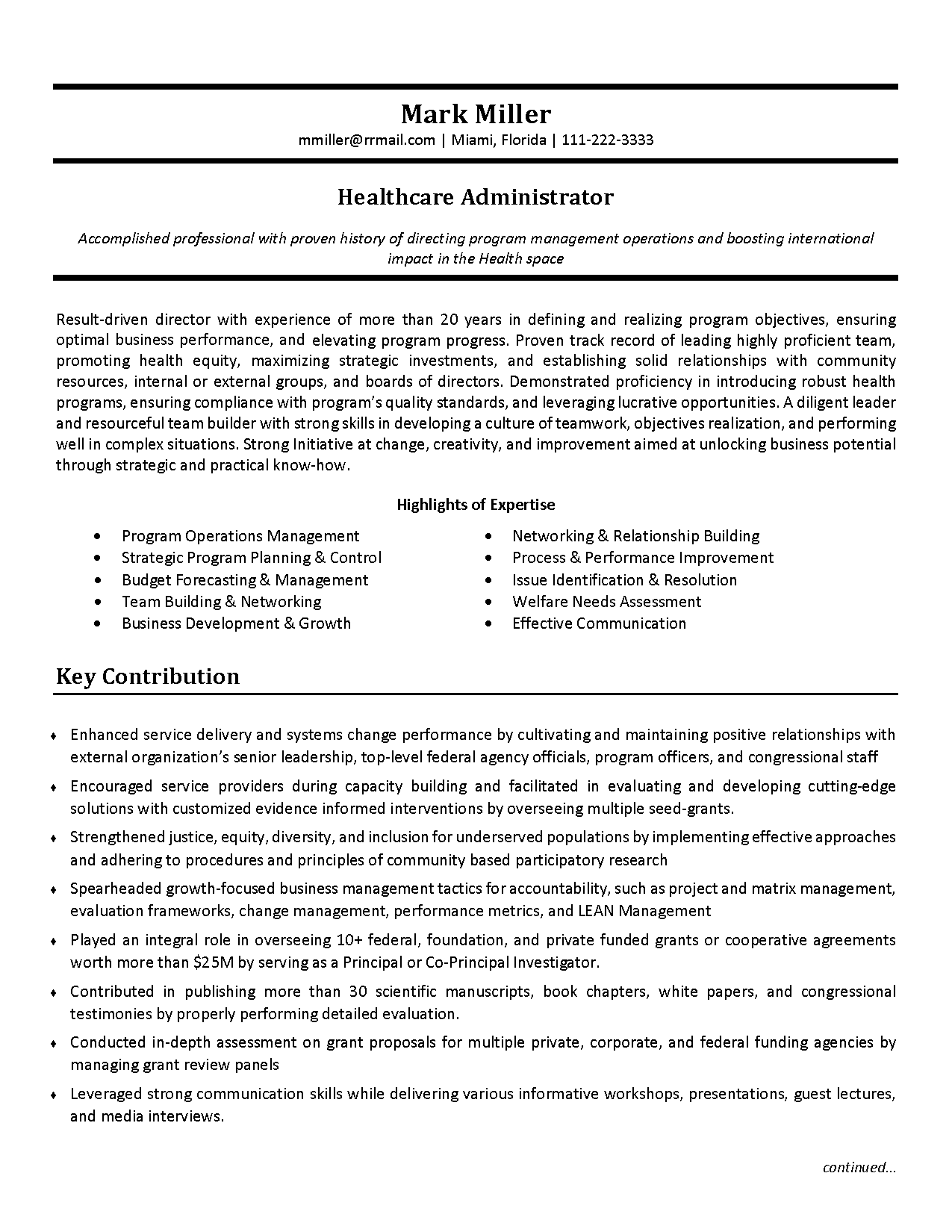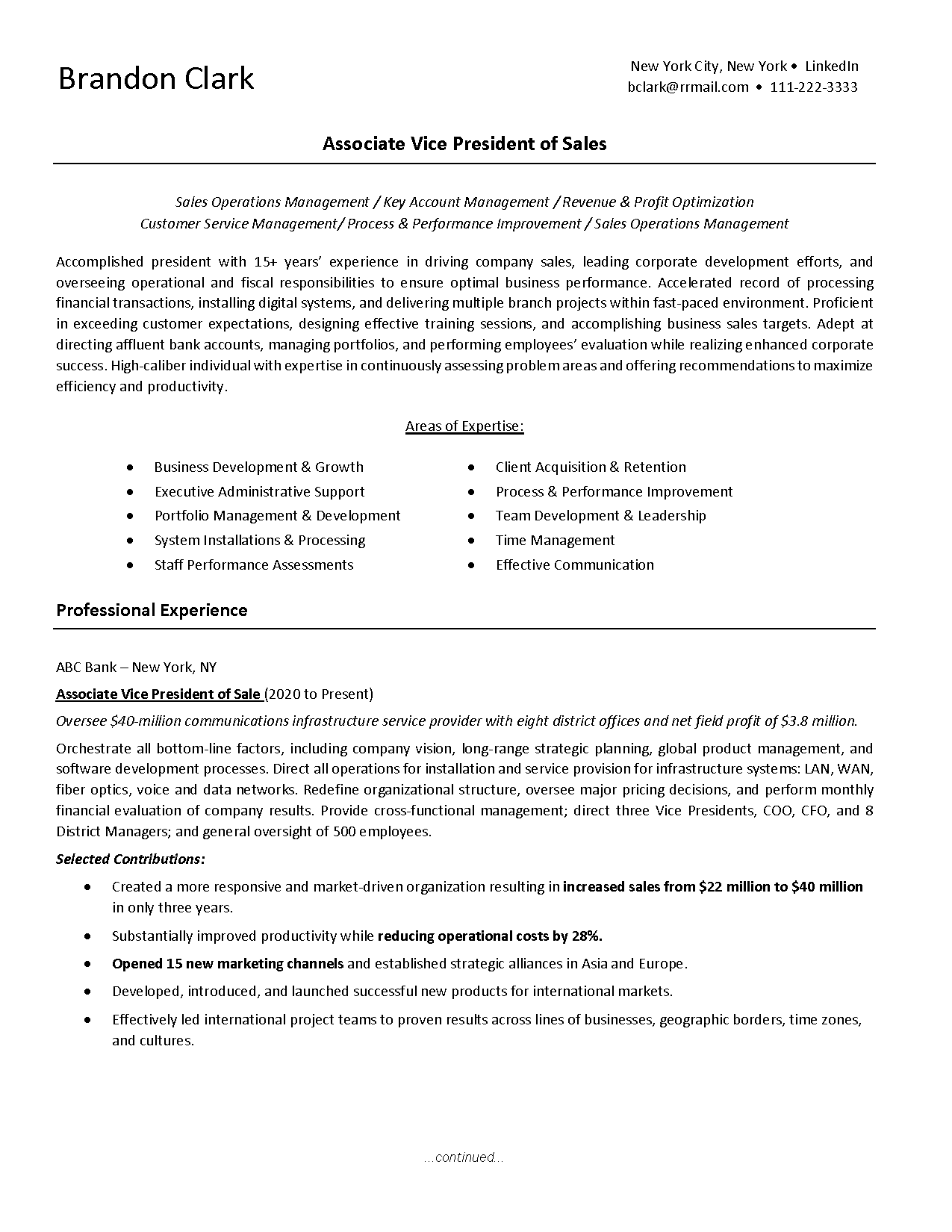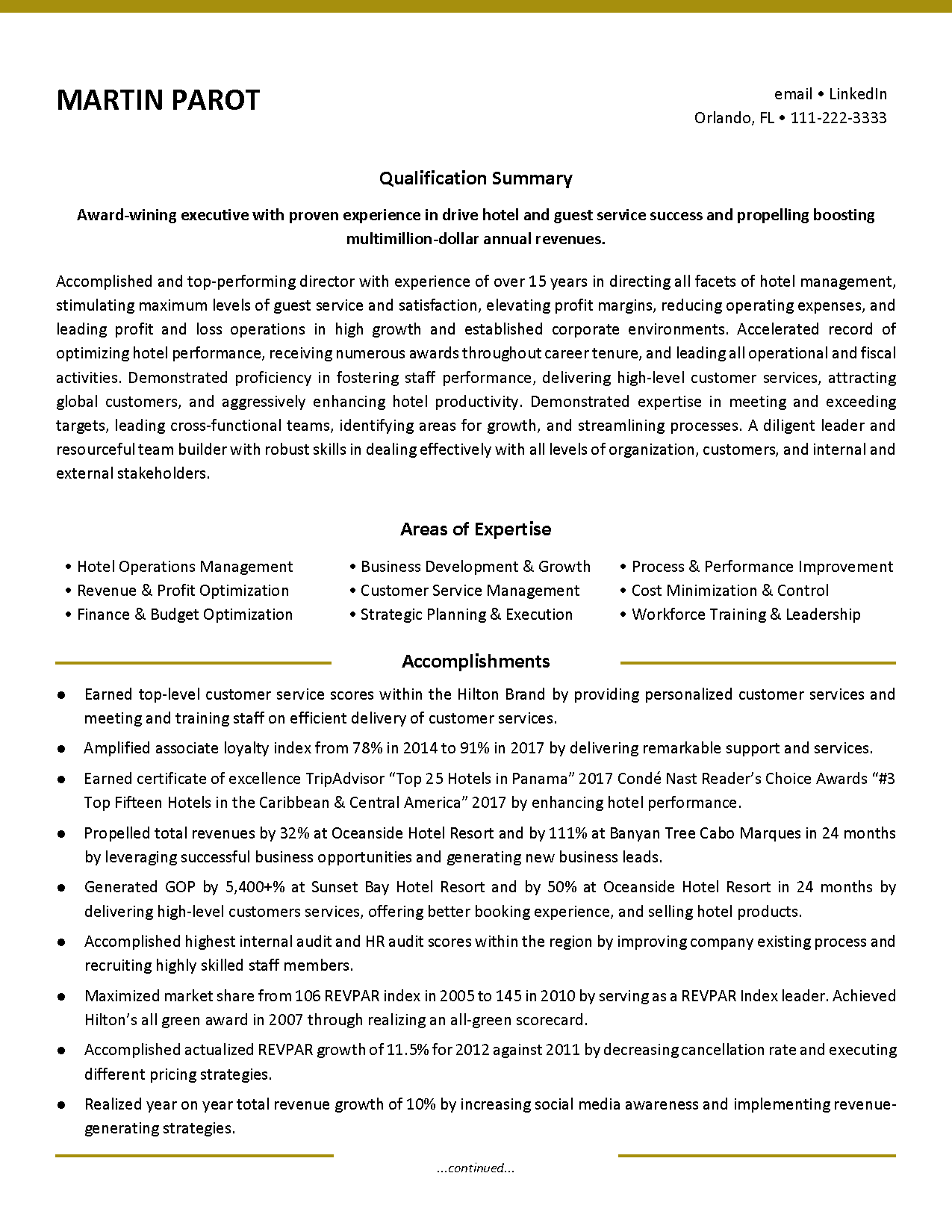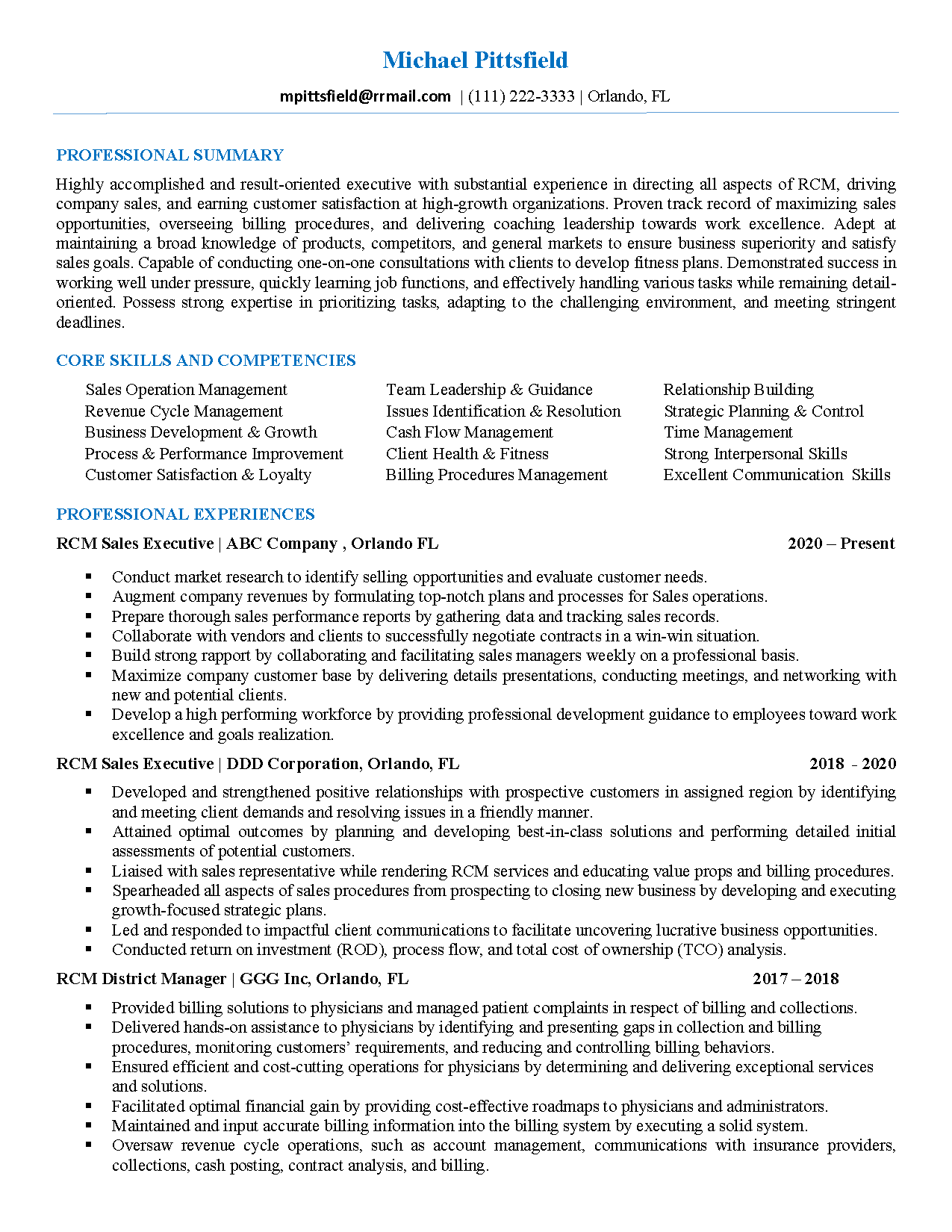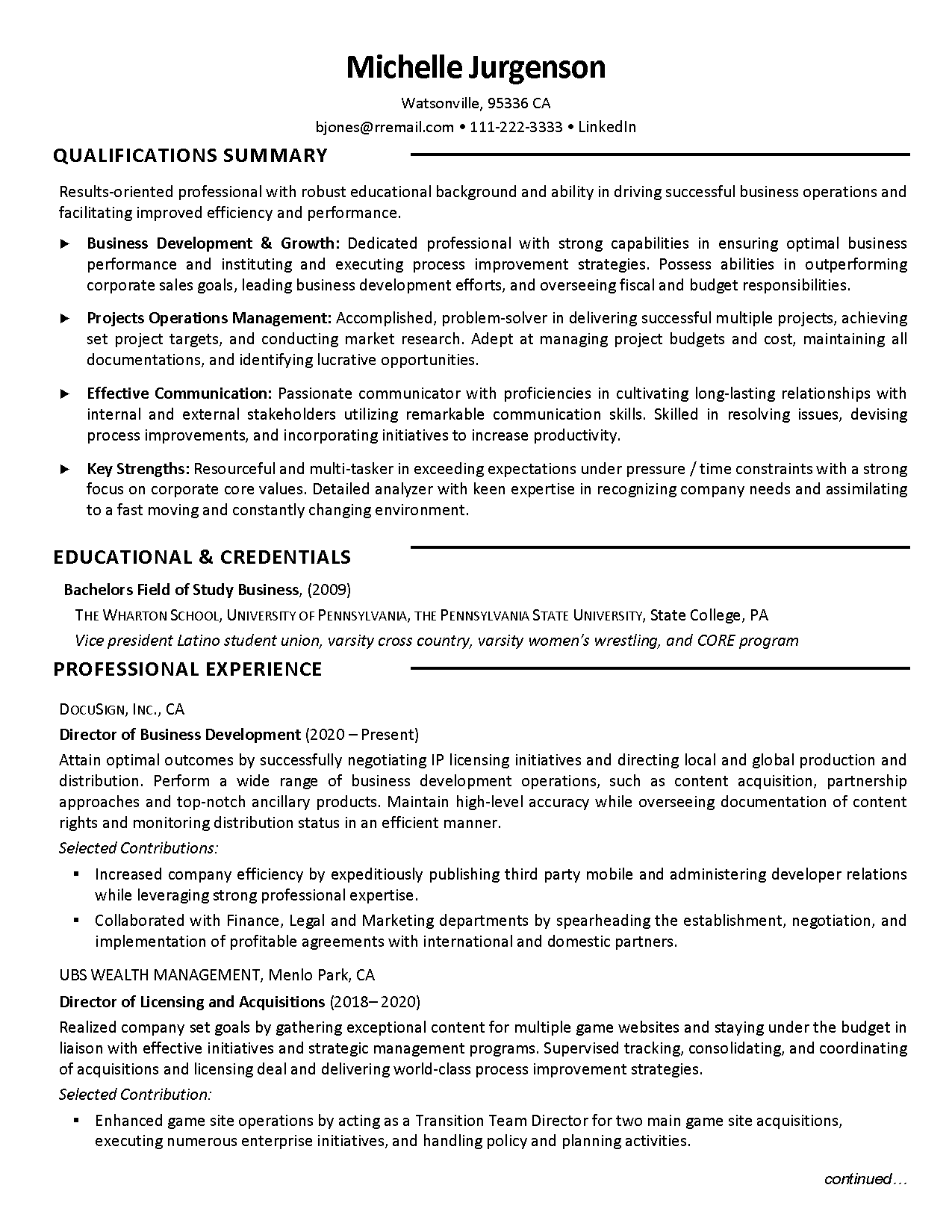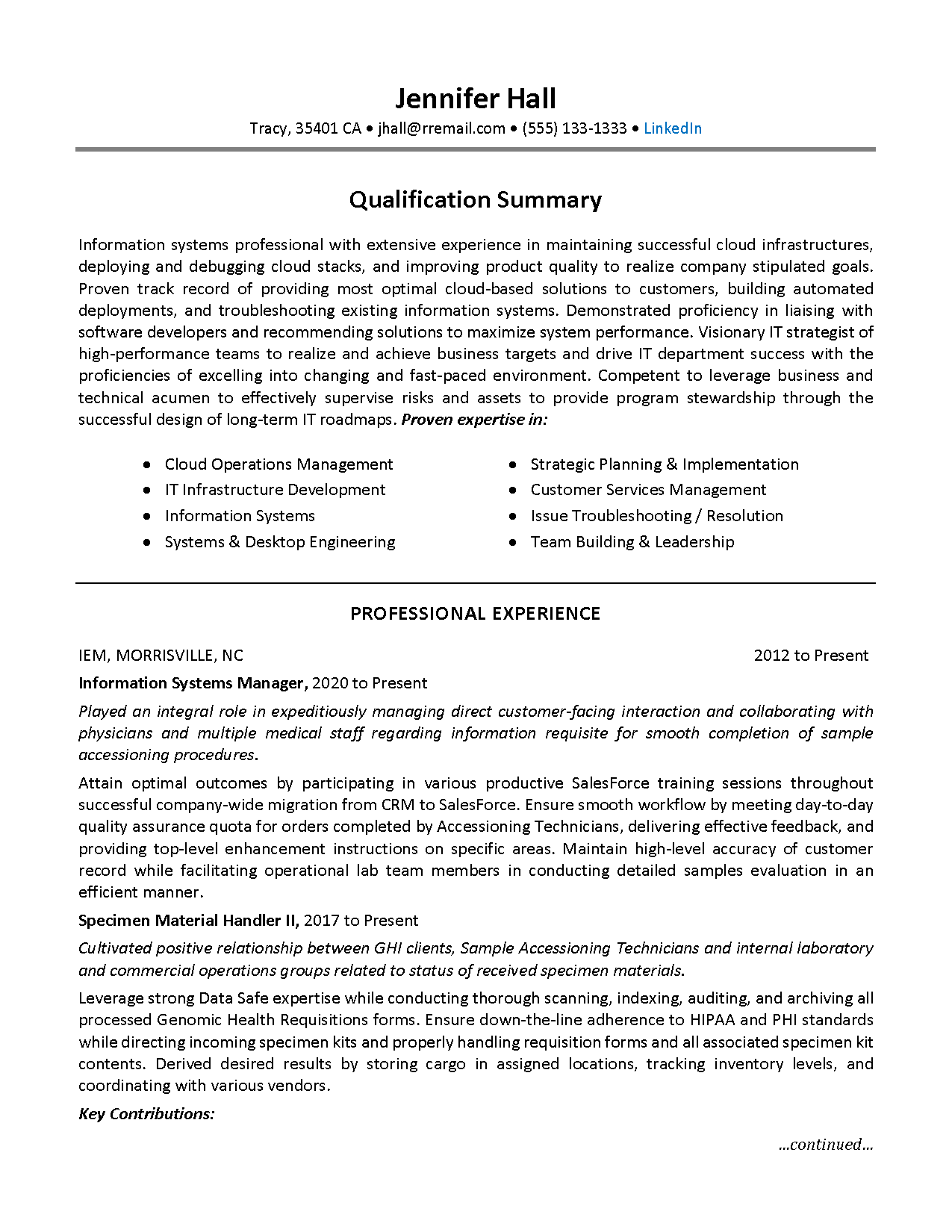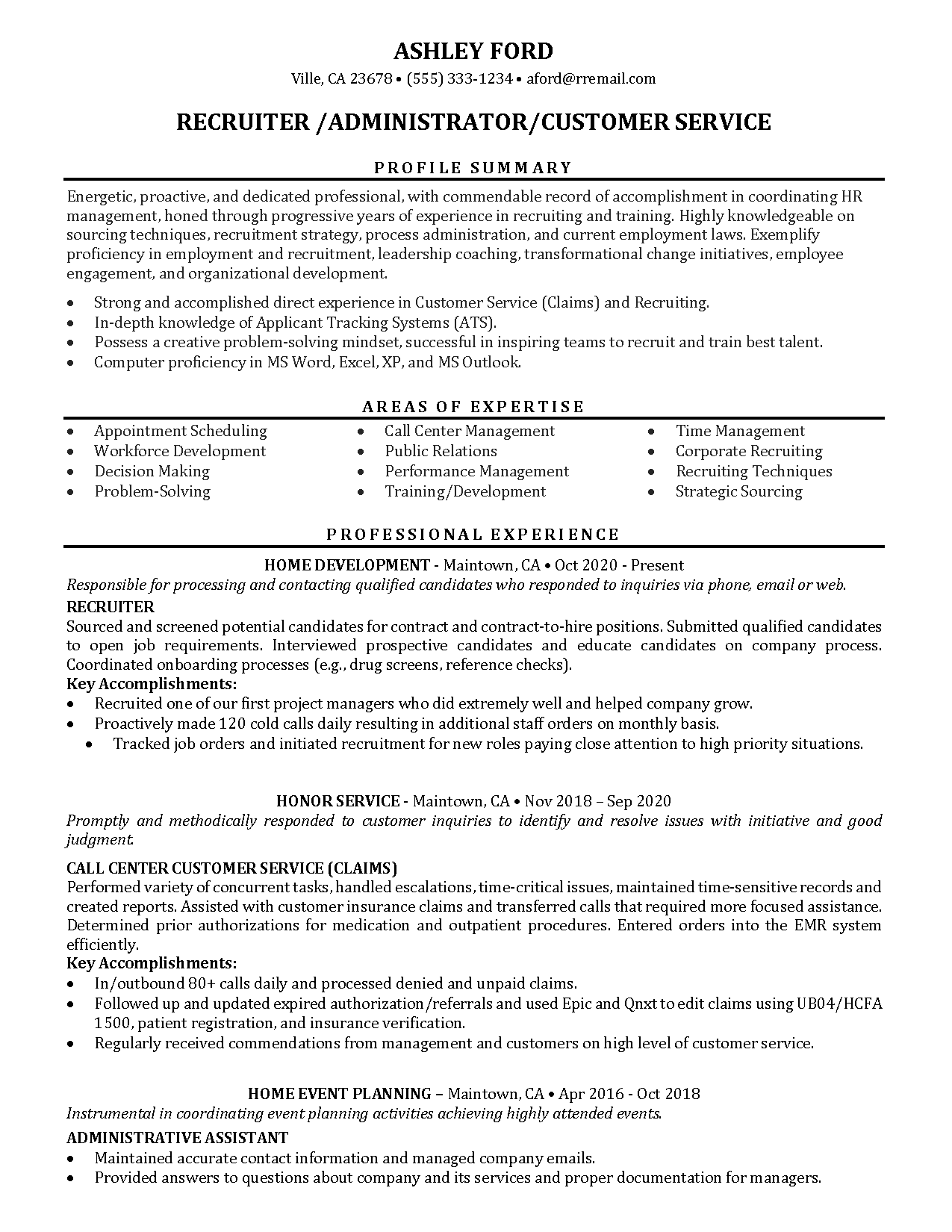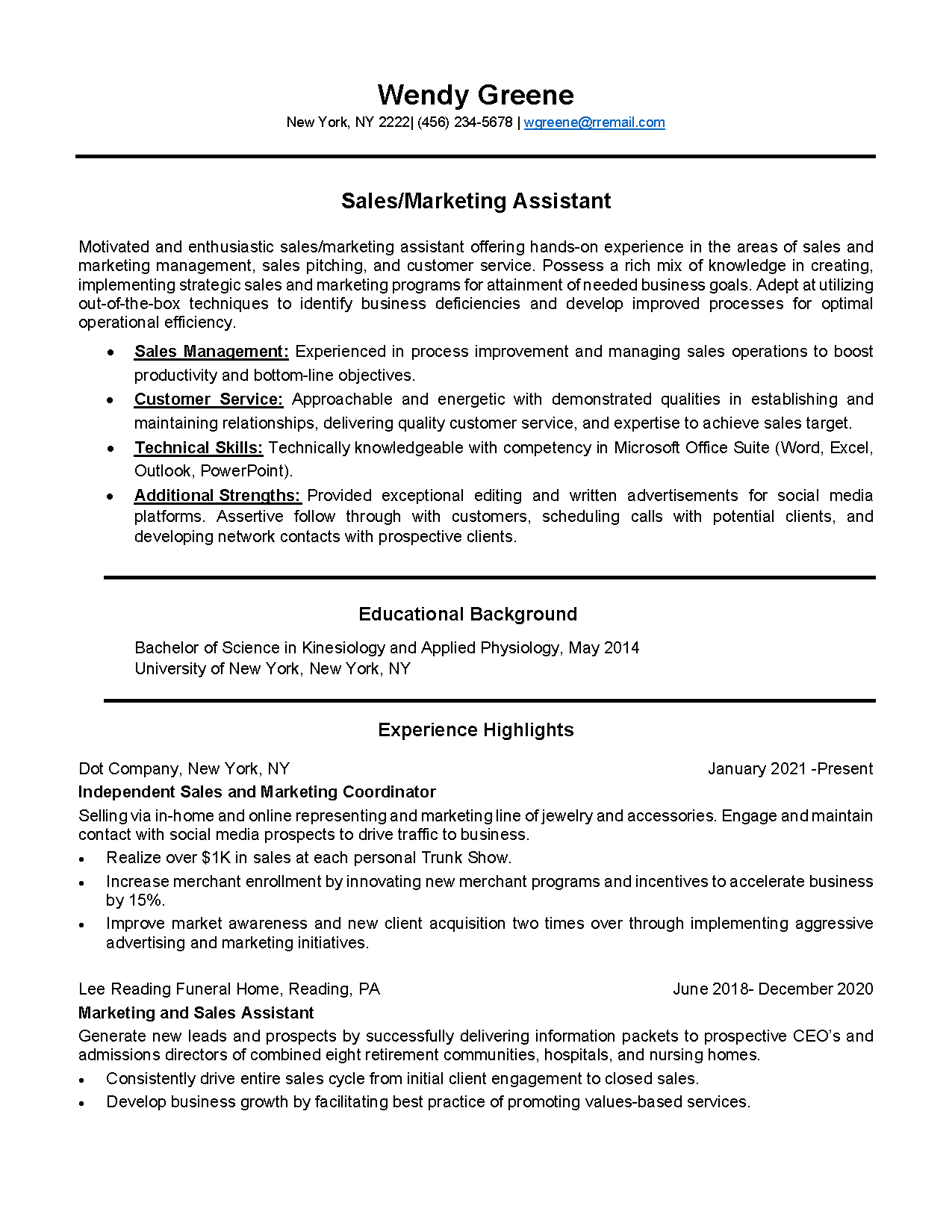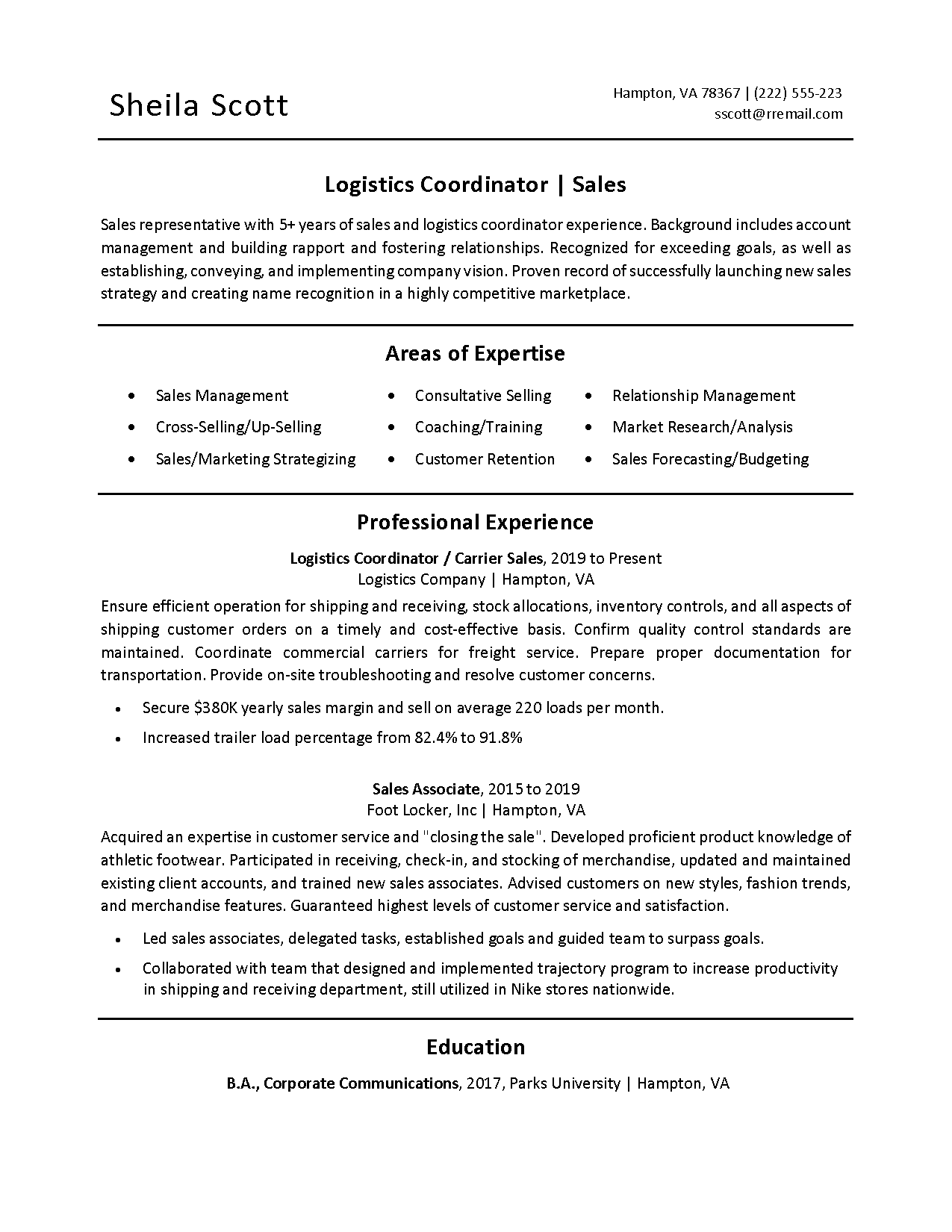
Overcoming Resume Gaps: Strategies for Explaining Employment Breaks
Are you looking for ways to explain employment gaps on your resume? Employment gaps can be a tricky thing to navigate, but there are strategies you can use to make sure your resume is still competitive. In this article, we’ll discuss the different types of employment gaps and provide tips on how to overcome them. We’ll also look at some examples of how to explain employment gaps in a way that will help you stand out from other job applicants. By the end of this article, you should have a better understanding of how to address any potential employment gaps on your resume.
How to Overcome Resume Gaps: Tips for Explaining Employment Breaks
When it comes to explaining employment gaps on a resume, the best approach is to be honest and straightforward. It’s important to remember that employers understand that life happens and that there are many valid reasons for taking a break from work. Here are some tips for overcoming resume gaps:
1. Be Honest: Don’t try to hide or downplay any gaps in your employment history. Instead, be honest about why you took a break from work and how you used the time productively.
2. Highlight Your Skills: Focus on the skills you acquired during your time away from work, such as volunteer experience, online courses, or other activities that demonstrate your commitment to self-improvement.
3. Showcase Your Accomplishments: If you were able to accomplish something during your time away from work, make sure to highlight it on your resume. This could include starting a business, launching a website, or completing an online course.
4. Explain How You Stayed Relevant: If you took a break from work but still kept up with industry trends and developments, make sure to mention this on your resume as well. This will show employers that you stayed engaged with the field even when not actively employed in it.
5. Use Positive Language: When discussing any gaps in employment on your resume, use positive language and focus on what you learned rather than what was lost during the period of unemployment.
By following these tips for overcoming resume gaps, you can ensure that potential employers understand why there may be breaks in your employment history and how you used the time productively while still staying relevant in the field.
Conclusion
Overall, it is important to be honest and transparent when addressing gaps in employment on a resume. It is also important to focus on the skills and experiences that were gained during the break, as well as any other relevant activities that demonstrate an individual’s commitment to professional development. By following these strategies, job seekers can confidently explain their employment breaks and present themselves in the best light possible.







